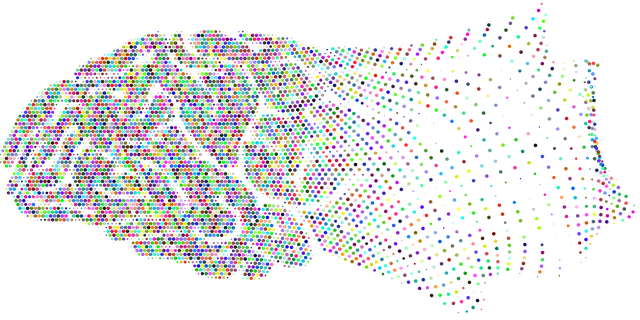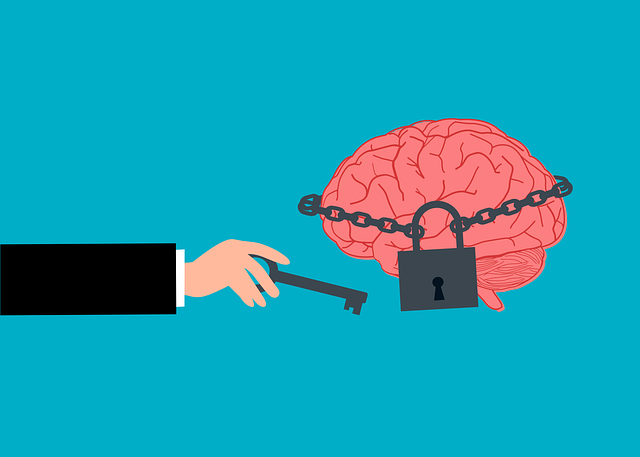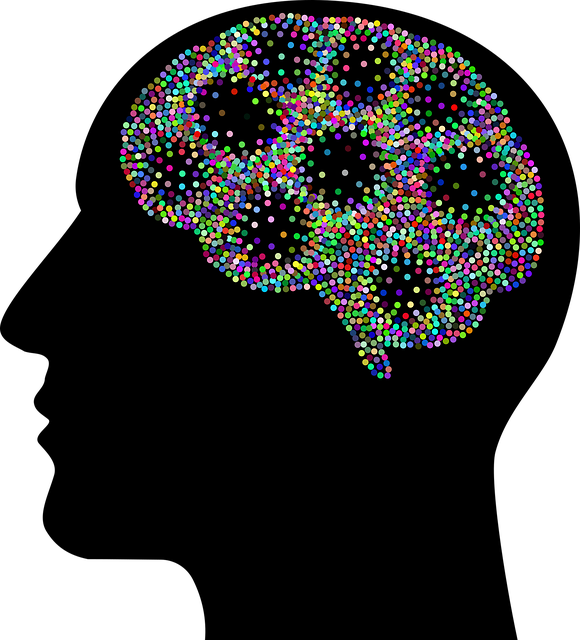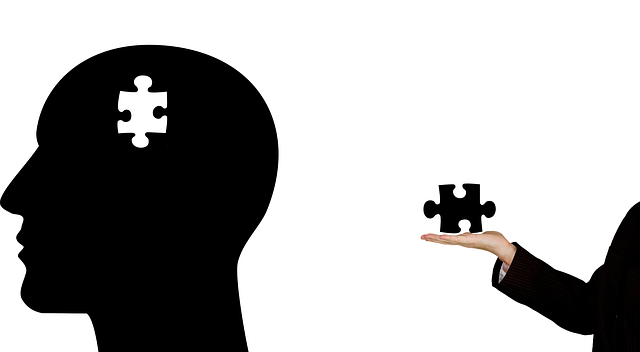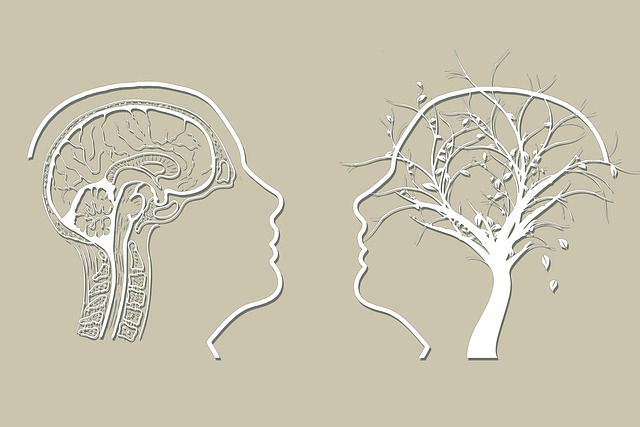Littleton Divorce Therapy offers a holistic approach to mental health treatment, empowering clients with knowledge and skills for long-term wellness. By demystifying diagnoses, combining evidence-based practices, mindfulness, and emotional intelligence, they help individuals navigate their mental health journeys with clarity, purpose, and resilience. Through personalized strategies, support networks, and informed advocacy, clients gain the tools to actively participate in their care.
Navigating mental illness diagnoses and treatment options can be overwhelming, especially for those going through life transitions like divorce. This guide, tailored for Littleton Divorce Therapy clients, offers valuable insights into understanding mental health conditions, exploring effective treatment navigation strategies, and empowering yourself with resources post-diagnosis. Discover practical tips on how to optimize your journey towards healing alongside the expert support of Littleton Divorce Therapy.
- Understanding Mental Illness Diagnoses: A Guide for Littleton Divorce Therapy Clients
- The Process of Treatment Navigation: Strategies from Littleton Divorce Therapy
- Empowering Yourself: Resources and Next Steps After a Diagnosis
Understanding Mental Illness Diagnoses: A Guide for Littleton Divorce Therapy Clients

Understanding Mental Illness Diagnoses: A Guide for Littleton Divorce Therapy Clients
Mental illness diagnoses can seem daunting, but at Littleton Divorce Therapy, we’re here to help demystify this process and provide guidance every step of the way. It’s important to remember that mental health is just as crucial as physical well-being. A proper diagnosis serves as a roadmap to effective treatment, allowing our clients to navigate their mental health journeys with clarity and purpose. This guide aims to offer insights into what to expect when seeking professional help for various mental health conditions.
At Littleton Divorce Therapy, we emphasize the role of mindfulness meditation and positive thinking in conjunction with evidence-based treatments. We believe that cultivating emotional intelligence is a key aspect of healing. Our clients often find solace in learning about different diagnostic criteria and available therapeutic options. By fostering an understanding of their unique mental health landscape, we empower them to actively participate in their treatment plans, promoting long-term well-being and resilience.
The Process of Treatment Navigation: Strategies from Littleton Divorce Therapy

Navigating mental health treatment can be a complex and overwhelming process, especially for those newly diagnosed. Littleton Divorce Therapy offers valuable insights into this journey with its proven strategies for effective treatment navigation. The approach emphasizes the importance of a holistic understanding of each individual’s unique challenges. By fostering empathy and building strong therapeutic alliances, therapists at Littleton Divorce Therapy create a safe space for clients to explore their mental health concerns.
Their method involves a combination of empathy building strategies, tailored interventions, and emotional well-being promotion techniques. Through this personalized approach, individuals gain valuable coping skills to manage symptoms and improve their overall resilience. The therapy sessions are designed to empower clients with knowledge and tools, enabling them to actively participate in their treatment plans and make informed decisions about their mental health care.
Empowering Yourself: Resources and Next Steps After a Diagnosis

Receiving a mental illness diagnosis can feel overwhelming, but it’s also a significant step towards recovery. Empowering yourself with knowledge is crucial during this time. Start by researching your specific condition to understand its causes, symptoms, and available treatment options. Many reputable online resources, including those offered by Littleton Divorce Therapy, provide accurate information tailored for various mental health concerns. This self-education equips you with the power to make informed decisions about your care.
After diagnosing your issue, explore local support networks and advocacy groups focused on mental health. Engaging in these communities can offer a sense of belonging and provide opportunities for sharing experiences and learning coping strategies. Building resilience and empathy through such connections is invaluable. Additionally, stay updated on the latest developments in mental health policy through analysis and advocacy efforts, ensuring your voice contributes to shaping more comprehensive care systems.
Navigating mental illness diagnoses and treatment can be overwhelming, but with the right guidance, it doesn’t have to be. At Littleton Divorce Therapy, we’ve outlined a comprehensive framework—from understanding diagnoses to empowering yourself with resources—to assist individuals in their journey towards healing. By utilizing our strategies and accessing available resources, you can take control of your mental health and embark on a path to improved well-being. Remember, seeking help is a courageous step, and Littleton Divorce Therapy is here to support you every step of the way.


